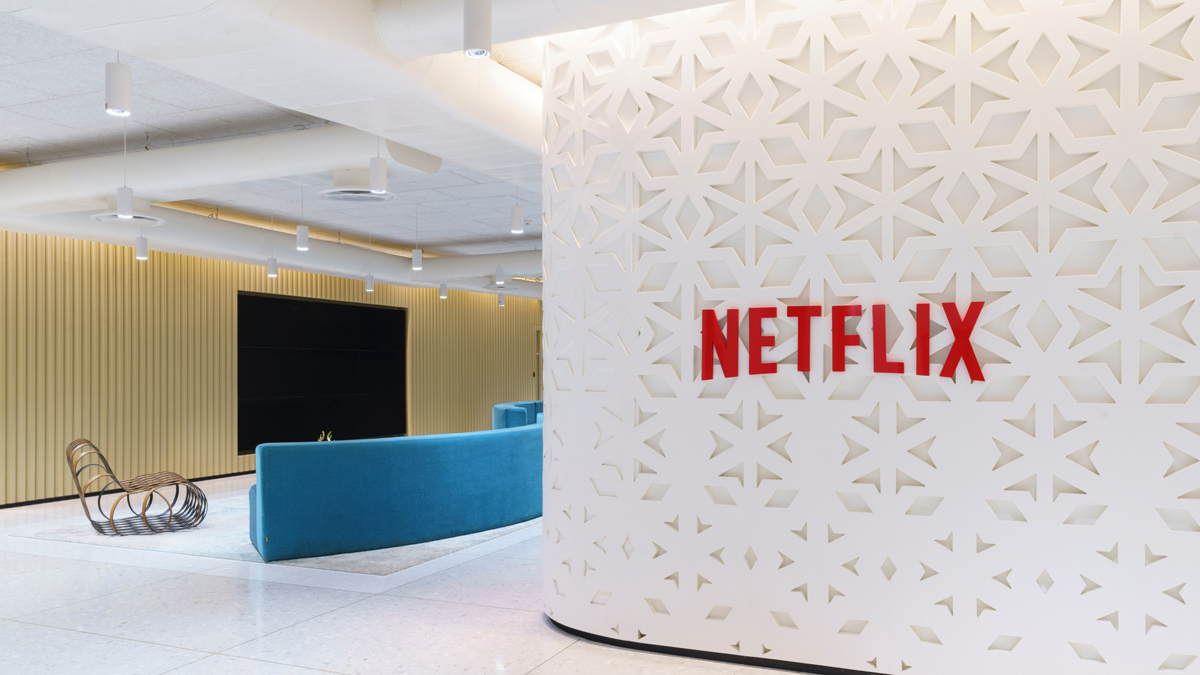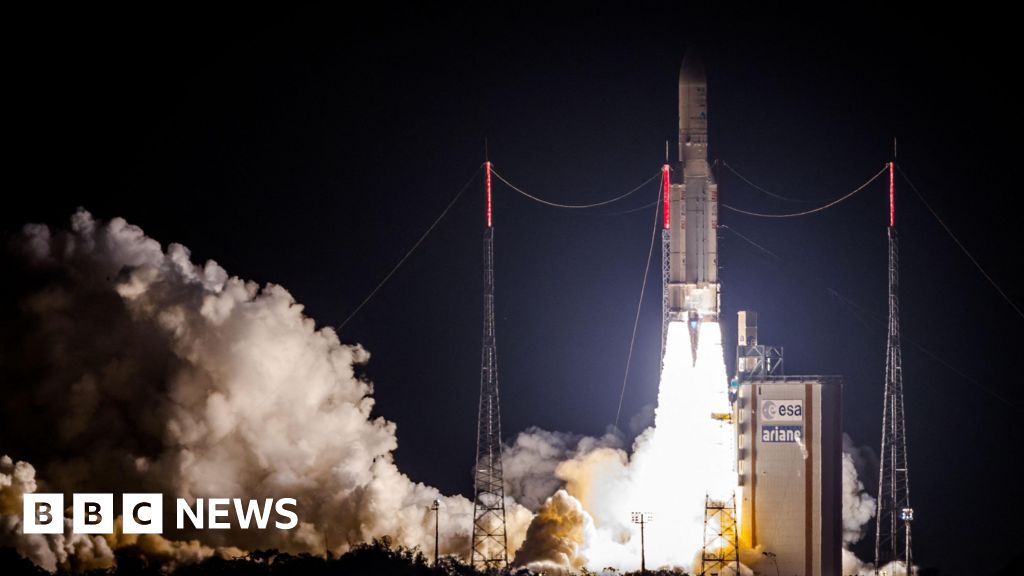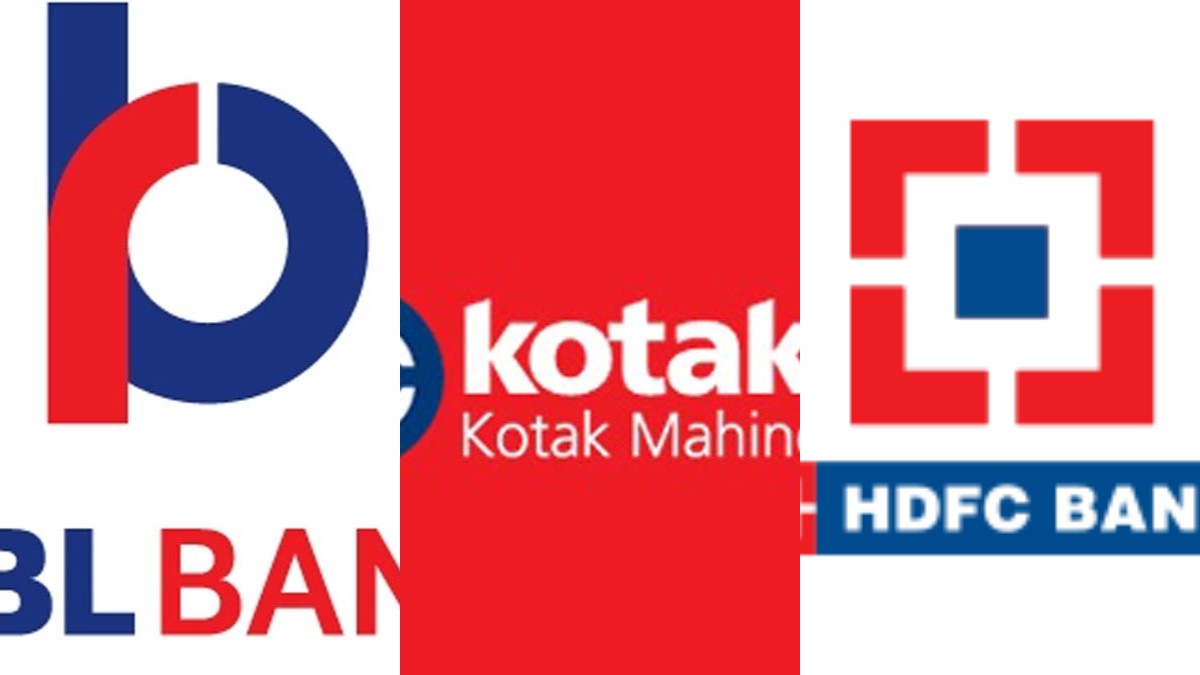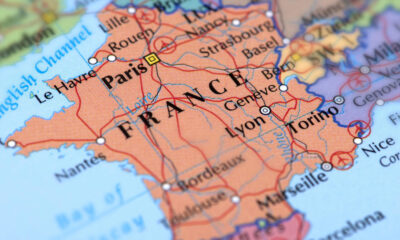The Nobel awards currently distort public perception of which sciences are important. They also, by failing to acknowledge collaborative and parallel work, give a misleading impression of how science is done. Moreover, vibrant new fields were left out of Alfred Nobel’s will. This year’s awards for artificial intelligence and computing are welcome signals that the Nobel committee recognises these deficiencies (Opinion, October 16).
These gaps are also being remedied by philanthropists who have established new prizes — some with even bigger jackpots and razzmatazz than the Nobels. Among these are the Breakthrough Prizes set up by Yuri Milner, a Russia-born Israeli entrepreneur (which has given prizes to large teams).
No scientist’s achievements are really solo, any more than a goalscorer’s triumph in football is independent of other players on the field. That’s why the seeming “clustering” of the awards in favoured countries or institutions is unsurprising. But Anjana Ahuja, your columnist, is right to urge that it’s ever more important to cast the net wider than Europe and the US. And, as she says, the proportion of female winners is deplorably low. But this should improve: the cohort of present winners were educated several decades ago, when fewer girls studied physics and maths.
Some argue that we should welcome the existence of mega-awards that elevate a few intellectuals to a transient celebrity status. But there is a downside: the winners’ opinions are sought by the press, and accorded undue respect.
Even the best scientists have narrow expertise; their views on broader topics carry no special weight. Some of the greatest become an embarrassment if given a public platform. A laureate can be found who will support almost any cause, however eccentric, and some exploit their status.
Laureates aren’t necessarily towering intellects: some of the most epochal and rightly recognised discoveries have been made (serendipitously) by people who wouldn’t claim any intellectual superiority to the average university professor. So we should specially welcome the award to such genuinely brilliant pioneers as Geoffrey Hinton and Demis Hassabis.
Martin Rees
Astronomer Royal, Cambridge, UK

































































































































































You must be logged in to post a comment Login